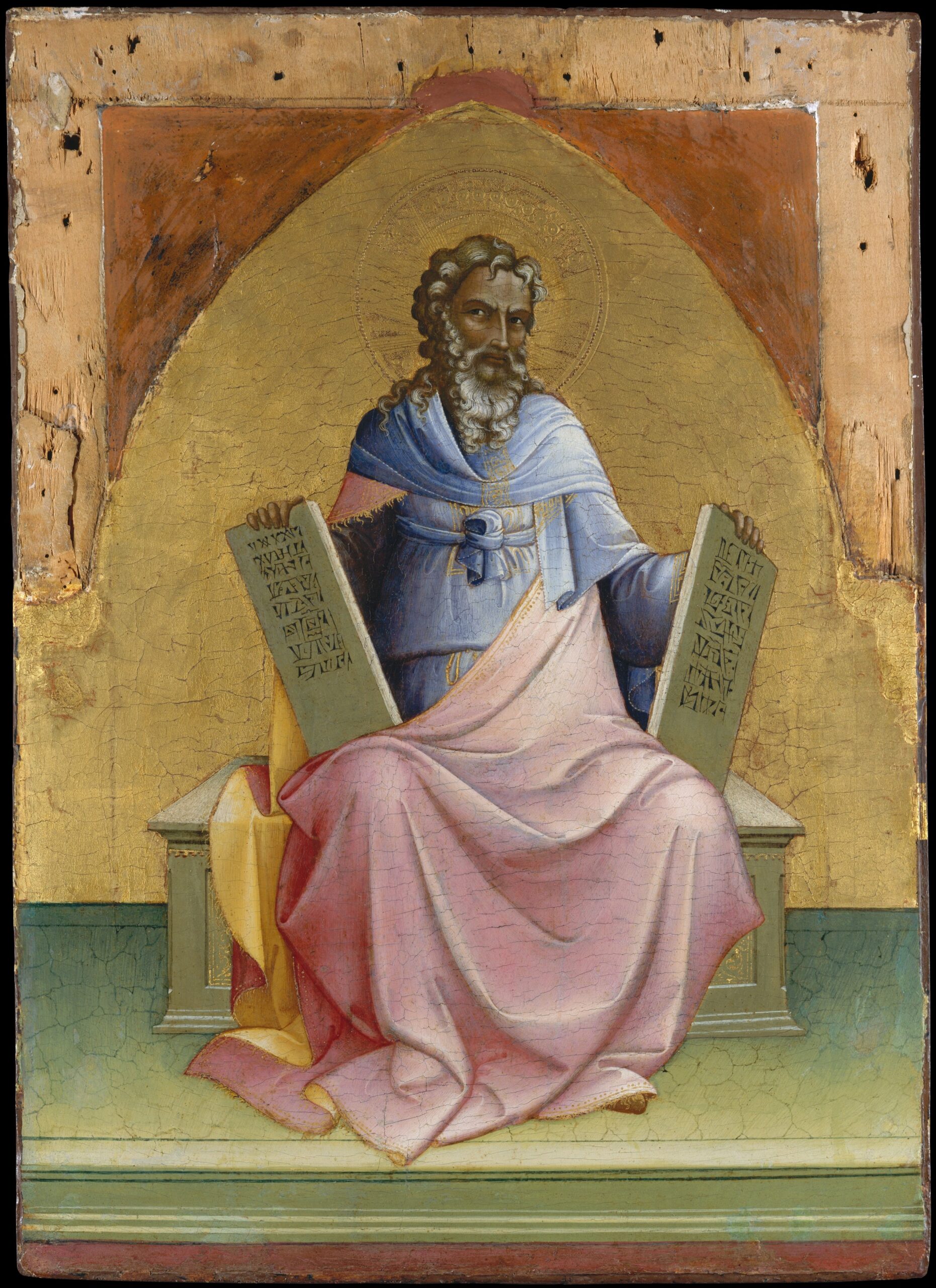Now faith is the assurance of things hoped for, the conviction of things not seen.
Hebrews 11:1
Before we can understand what it means to be faithful, we should understand what the word “faith” means. In his letter to the Hebrews, St. Paul sums up the meaning of faith very succinctly, as “the assurance of things hoped for, the conviction of things not seen.” To have faith means to have trust and belief in things we cannot fully see or fully comprehend. It doesn’t require faith for me to sit in a chair. Science tells me that the chair I’m sitting in while typing this message will hold a certain amount of weight. It doesn’t take faith to cook a meal, or drive a car, or mow the lawn or to teach a class – these things require skill and time. What takes faith is when we jump into a task not knowing the outcome and we jump in anyway. Getting married requires faith in a spouse. Having children requires a leap of faith in oneself and one’s ability to do all that a parent is required to do.
It takes faith to be a Christian. We believe in a God we cannot see. We work toward a destination – heaven – that has been promised but is unknown. It takes great faith to dedicate a major portion of life to being a Christian, trusting in the outcome of our faith. At summer camp, we do an exercise called the “trust fall.” One stands atop a platform that is about 6 feet tall and falls backwards, trusting that he or she is going to be caught by the people who have assembled below. This takes a degree of faith. No matter how many people you see do it before you, when it is your turn, you still have to muster a good degree of faith. The ultimate trust fall is to fall asleep in death, trusting that you will land safely in the arms of the angels in heaven. It takes a whole lifetime to hone that trust and faith. This is one of the reasons why we have the church, to help us to grow our faith so that when the time comes, we are ready to take that “leap” to salvation. We practice “trust falls” each time we put our faith in God and rely on Him, each day we choose to put Him first, we are practicing faith and trust. This prepares us for the ultimate trust fall.
To be faithful means to be consistent on this spiritual journey. It means to be checked in. Many people, as an example, think they know what it means to be “faithful” or “unfaithful” to their spouse. They will say “I’m faithful because I don’t cheat on my spouse.” But one cannot cheat and still be unfaithful, because being faithful isn’t about not doing wrong, it’s about doing right, it’s about being checked in.
To have faith and be faithful is also to have a mindset that says, “I believe.” It doesn’t say “I have a general belief” or “I think” or “I hope.” It says that “I believe, and I do so with conviction, with faith and with trust.”
To be faithful means to go after your committed relationships – with the Lord, with a spouse, with children and with close friends – with confidence and with boldness. It means more than giving hope or thought to them. It means believing and trusting in your various relationships.
The next three reflections will examine faithfulness to God, faithfulness in our relationships with others, and finally faithfulness and discipline.
Lord, thank You for having faith in us, and for dying for our sins that we might be raised to You in heaven. Help me to understand the meaning of salvation, and to better appreciate what You did for us. Help me to be more trusting and hopeful, and to believe and trust in the spiritual things that I cannot see or fully comprehend. Thank You for putting faith in me. Help me to grow in my faith in You. Amen.
Reflect on how faithful (hopeful and trusting) you are today!

